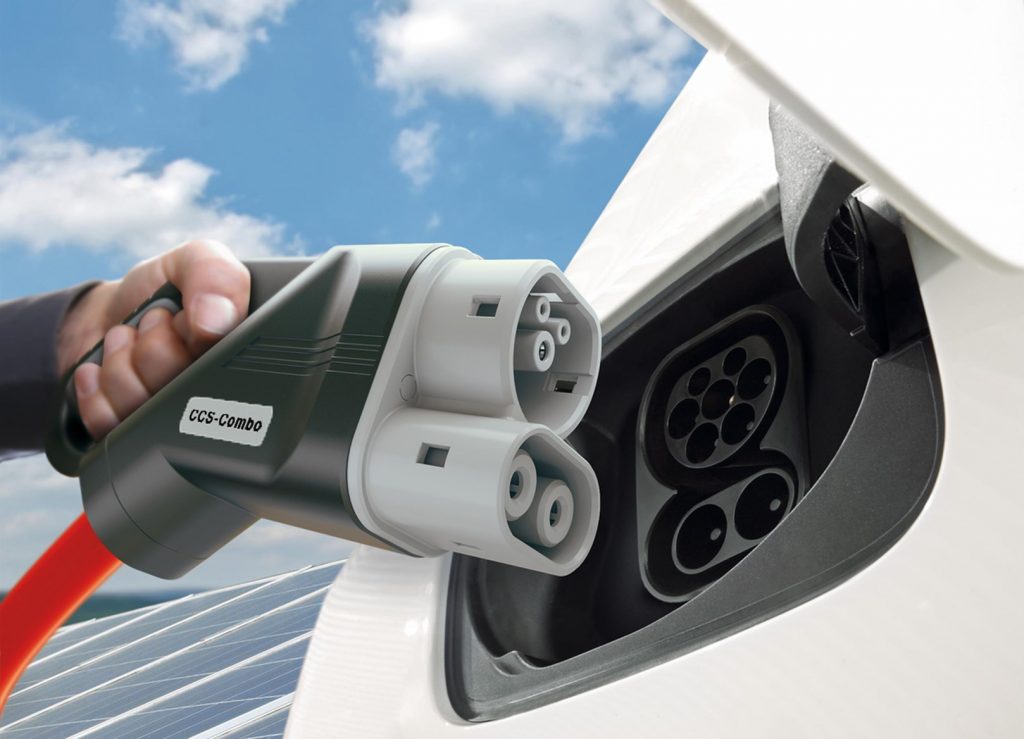
Make sure you and your business are ready for the 2040 ban.
Although it may seem too far away in the future to even consider, from the year 2040, all new petrol and diesel cars, vans and lorries will be banned from sale in the UK and France. Naturally this will have an impact on many businesses who use vehicles as part of their everyday affairs.
In order to ensure that you are well prepared for this change, it is essential that you now start thinking about how to change the way you rely on petrol and diesel engines before the ban comes into force.
How the 2040 ban will affect the material handling industry
According to TCM’s Graham Jones, ‘Now is the time to put processes in place within businesses to move away from the reliance on diesel trucks and prepare for the new innovations that will transform how businesses operate’.
The ban will cause a challenge that will affect almost every industry, but it will have a very specific impact on the material handling industry. Currently, the majority of forklifts are battery operated, and a lot of the charging infrastructure is already in place to ensure that everything remains operational. However, the issues will begin when we consider forklifts used for operating outside for extended periods of time. Forklifts that are performing heavy-duty tasks or have a need for greater flexibility will ultimately struggle with the sole use of electricity, as they tend to benefit from diesel or LPG with better performance and battery life.
It is very likely that in the next twenty years, new innovations will arise, including huge advancements in battery technology and battery life. While there is already a range of battery powered forklifts available on the market, forklift companies will need to find the electric solutions which are best for their customers.
What to consider before the 2040 ban comes into force?
However you look at it, by 2040, all new forklift trucks will need to be battery operated, or rely on other low emission fuel technologies.
If your forklift fleet is comprised of mainly diesel or LPG machines, there are several things you’ll need to consider ensuring that the transition as smooth as possible:
Although the above seems like a lot to consider, with technology constantly improving, it’s likely that by 2040, forklift manufacturers will have created new, highly efficient electrical machines that are capable of heavy-duty work across multiple working environments. Thus helping businesses adapt to the new rules with greater ease.
Also, as the 2040 regulation is still fairly new, there is a lot of speculation about the full details and whether all diesel and petrol engines will be banned, or just certain types. Only time will tell, and we will have to await the final plans with open eyes and open arms!